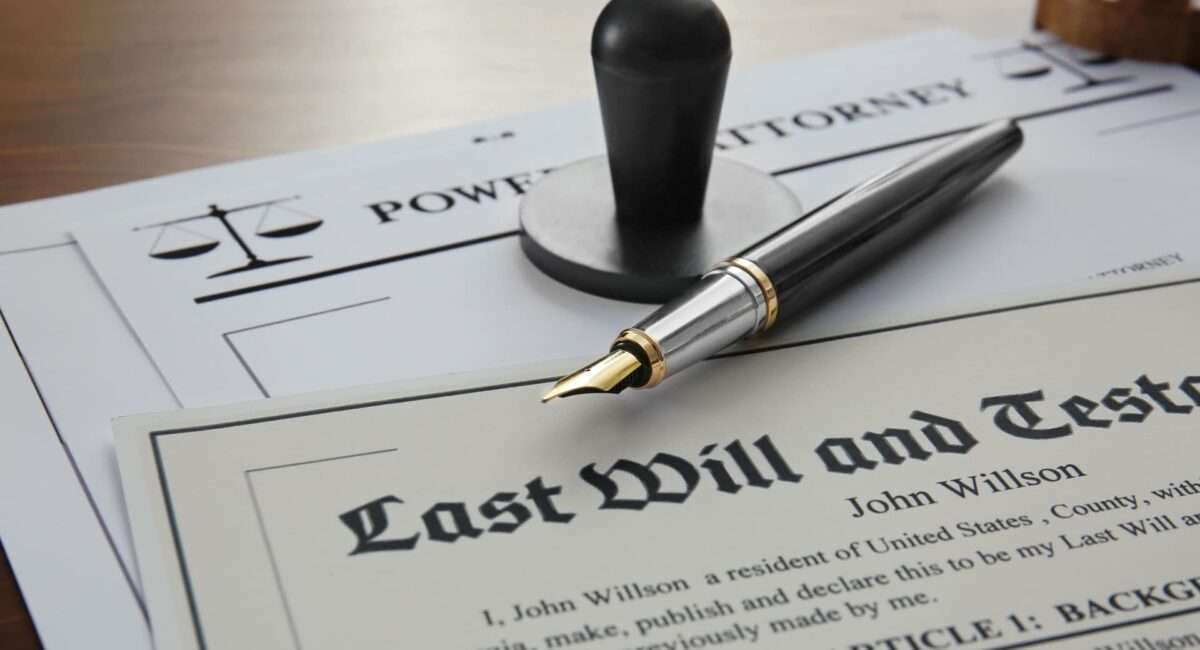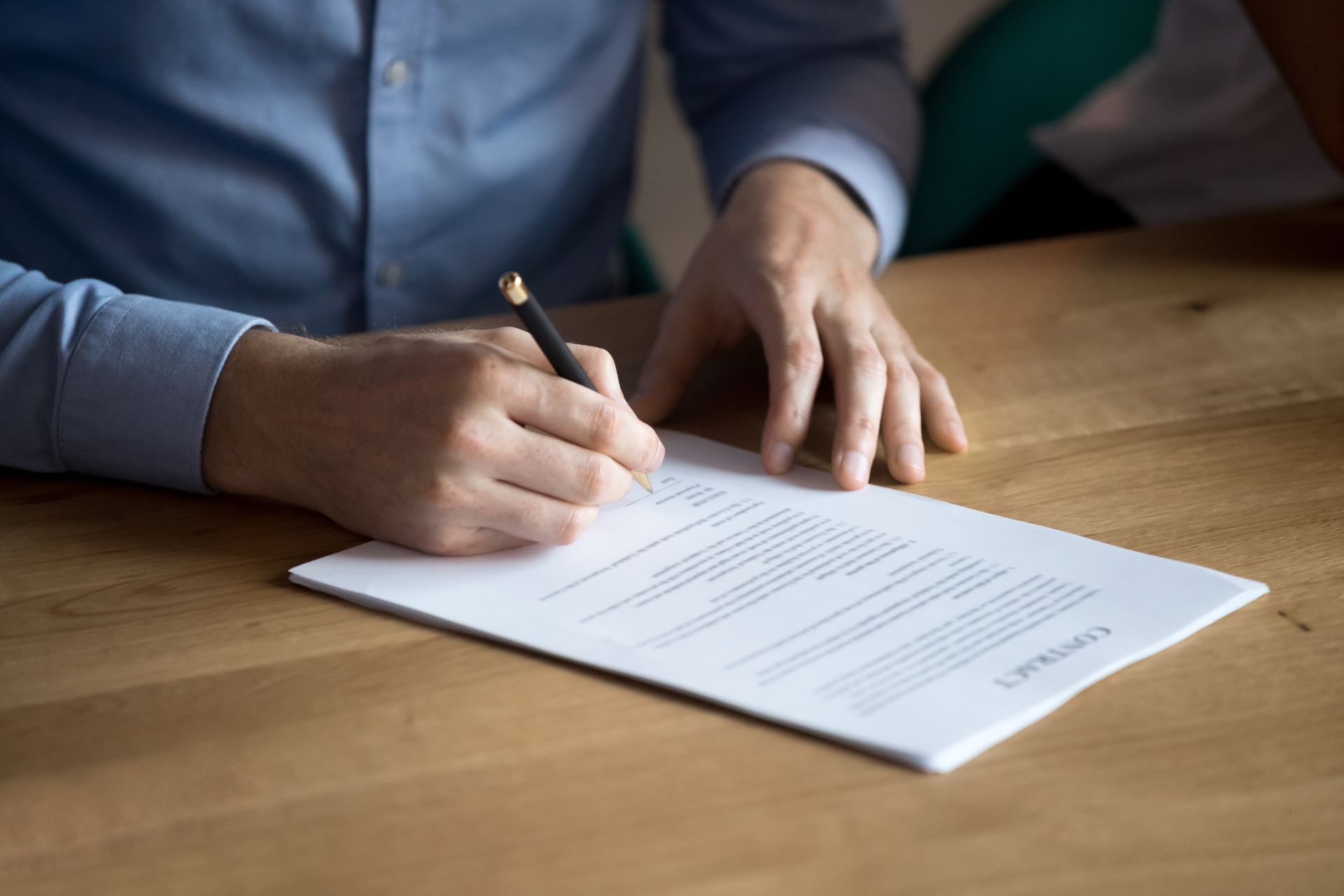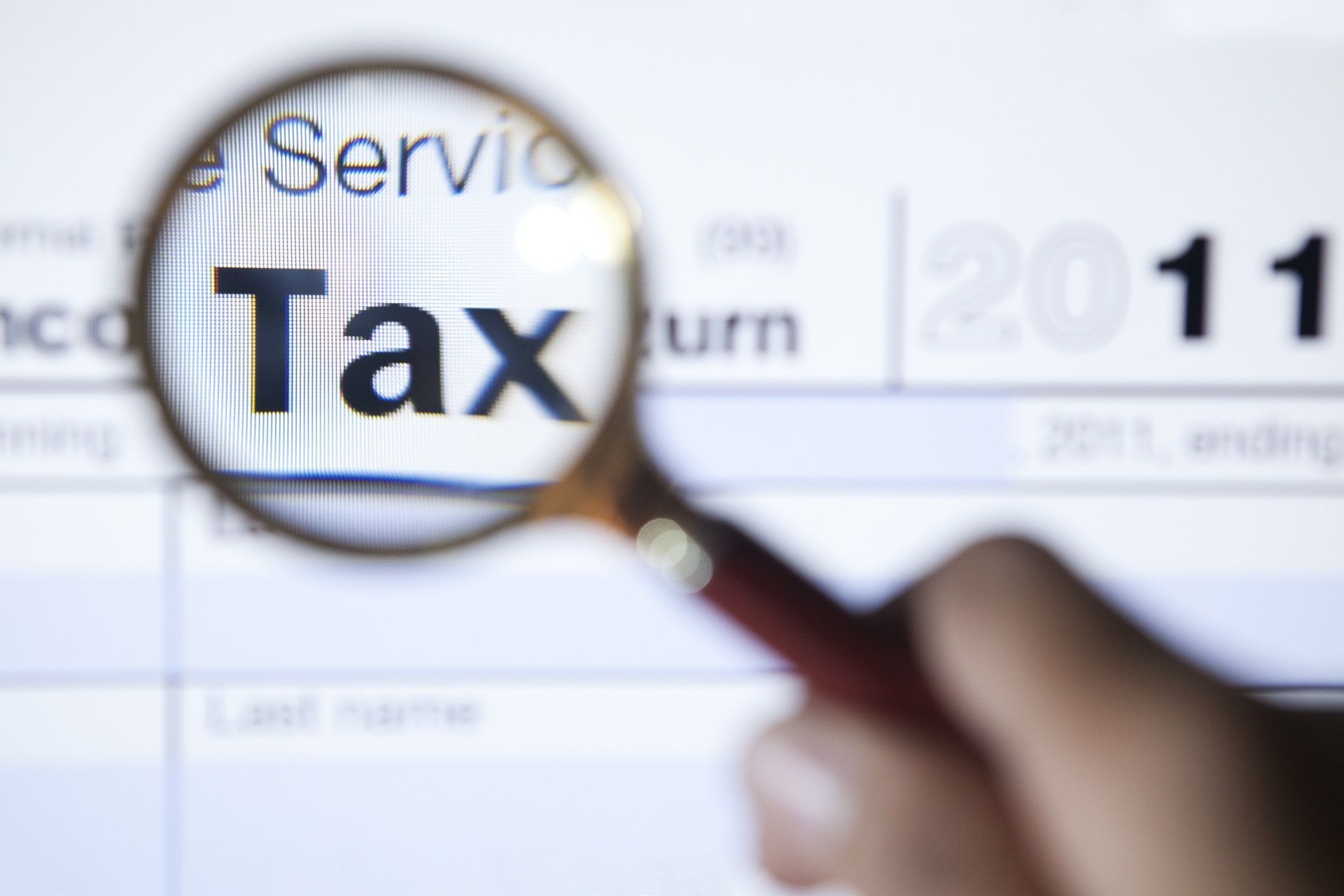How Do I Execute a Will in a Time of COVID-19 Social Distancing?

It is a sad reality that this terrible coronavirus pandemic has caused all of us to start thinking about some less-than-pleasant “what ifs.”
Accordingly, in an effort to know what to expect, many people are reaching out to our estate planning attorneys seeking information about what might happen when someone passes away. Sadly, we have seen an increase in questions coming from our first responders in particular, doctors, nurses, EMTs, police officers, and others who are bravely still on the job during this crisis.
In addition, for those who wish to create a last will and testament for themselves, this health crisis has presented a very challenging conundrum. You normally need in-person witnesses to properly execute a will. Yet, social distancing rules make it very difficult to get a group of people in one place to do so.
In this article, we will discuss what happens if a person passes away without having drafted a will. Also, we will cover what is necessary to execute a will in the State of Florida, and provide some possible solutions to getting a will executed even during this COVID-19 pandemic.
If, after reading this blog, you have more questions about your own estate planning, then we invite you to call the seasoned estate planning attorneys in Palm Beach at Doane & Doane. You can contact us at 561-656-0200. Let us help you plan your future with proper estate planning.
What Happens If Someone Passes Away Without a Will?
In the State of Florida, as with all states in the country, when you pass away without a last will and testament you are considered “intestate.” That means that Florida’s law of “intestacy” kicks in.
Florida’s intestate laws provide that the assets of the person who passed away (“the decedent”) will be distributed to his or her heirs in a certain order of priority. Here are some examples of how the law works:
1. If the decedent has a surviving spouse, generally the surviving spouse receives all of the decedent’s assets.
2. If the decedent has a surviving spouse and children, yet that spouse has children from another marriage, then the decedent’s assets are divided such that one-half of the estate goes to the surviving spouse, and the other half goes to the decedent’s descendants.
3. If the decedent was not married at the time of death, then his estate will go to his children; and if he has no children, then to any living parents or siblings.
Some people believe that if you die without a will then your estate automatically goes to the State of Florida. That is not true.
Florida’s intestate laws will pass a decedent’s estate to any heirs, even remote heirs if the decedent does not have any living close relatives. The State would only take the decedent’s assets as a last resort if the decedent had no heirs.
Problem with Relying on Intestate Laws
The issue with relying on Florida law to distribute your assets is that you, as you would expect, have absolutely no control over who gets your assets upon your passing. The Florida intestate law does not know if there is a family member in your life who you very much want to receive certain items in your estate. Nor, will the law or a judge realize that there is a family member who you definitely do not want to receive any of your estates.
Accordingly, if you have any feeling about who should or should not get all or any part of your estate, then you would be wise to draft a will so that your wishes can be honored.
Executing a Will in Florida
In the State of Florida, a last will and testament must normally:
1. Be in writing;
2. Signed by the testator at the end; and
3. Be witnessed by at least two witnesses who sign in the presence of the testator and in the presence of each other.
Any competent person can witness a will, even an interested beneficiary. Yet, the best practice is to have disinterested witnesses so that you can avoid any possible challenges later on.
How Can I Get Witnesses for a Will During Social Distancing?
The COVID-19 (coronavirus) pandemic has made it hard for any two people to be in a room, let alone two witnesses and a testator.
Some people have come up with some creative solutions. One person in an apartment complex was able to ask neighbors to serve as witnesses from across the hallway, while others have executed their wills on the front lawn, from windows, from across the street, with each party bringing their own pens.
Think Electronic Wills
One great solution to the social distancing problem is to make use of a law that Florida just passed – the law on electronic wills. We have discussed this issue in a previous blog, and you can find it here . In short, Florida just passed a law that took effect on January 1, 2020, that allows for the electronic/online execution of wills.
According to the new law, the signing of wills can be handled entirely electronically, and the witnesses can be remotely present by video conference. Ask about this option when you speak to an estate planning attorney.
Look to Doane & Doane to Guide You
Many Palm Beach estate planning clients seek the assistance of the attorneys of Doane & Doane, P.A. to help them make the right decisions for their family’s future.
Moreover, the founding partners of Doane & Doane are board-certified West Palm Beach Probate Attorneys . With the additional advantage of certified public accountancy in their backgrounds, they present a unique combination of skills and experience which enables them to effectively settle, administer, and manage clients’ trust and estates.
In short, at Doane & Doane, we have the resources and experience to help you understand all aspects of the estate planning process. Doane & Doane’s estate planning attorneys in Palm Beach, FL can be your South Florida legal guides.
At Doane & Doane, we are prepared to give you sound, accurate advice. If that is something you need based on your circumstances, then we can reliably ensure the transaction will be handled properly. Call the estate planning attorneys in Palm Beach, FL at Doane & Doane today, at 561-656-0200.
RECENT POSTS
CONTACT US
We will get back to you as soon as possible.
Please try again later.
GET IN TOUCH
We will get back to you as soon as possible.
Please try again later.
Quick Links
Practice Areas
Contact Us
Palm Beach Gardens office:
2979 PGA Boulevard #201,
Palm Beach Gardens, FL 33410
All Rights Reserved.
This website is managed by Oamii.






